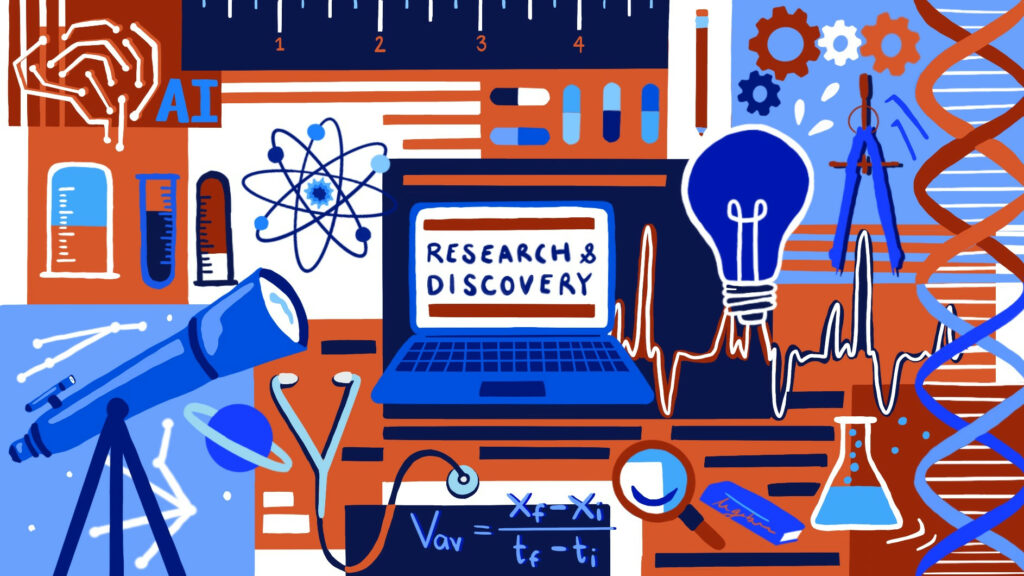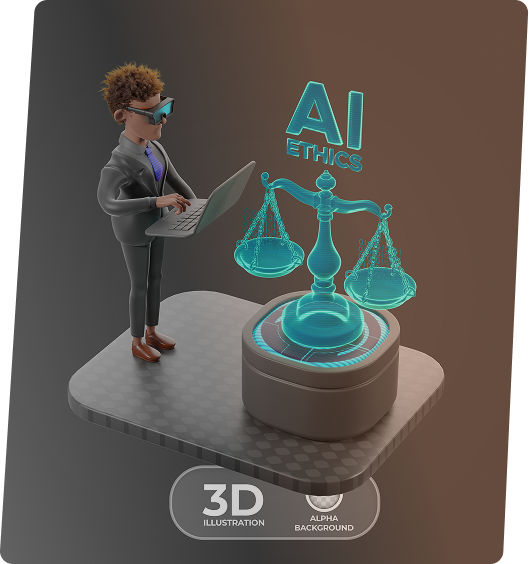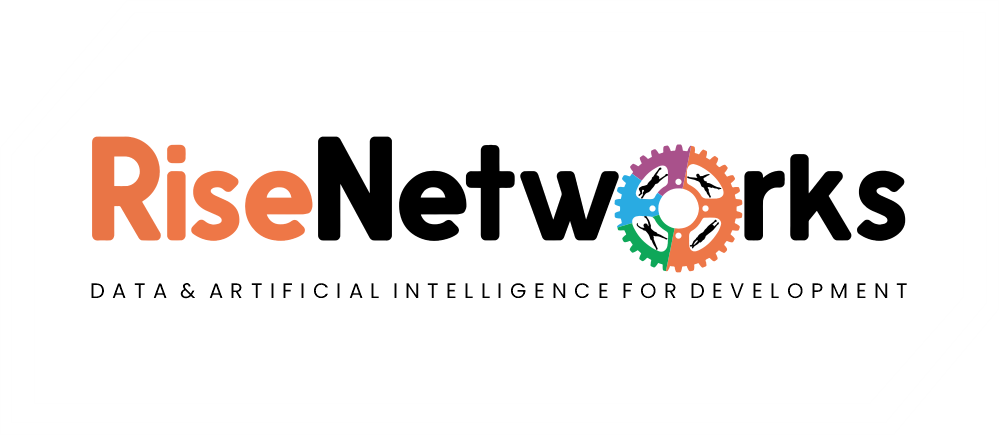Our Research Works


Overview
Rise Networks conducts pioneering research that bridges Artificial Intelligence, society and ethics, emphasizing cross-border collaborations and Open-Source Intelligence (OSINT) methodologies. Our work interrogates topical subjects within the AI context such as the environmental costs of AI infrastructure, the psychological effects of AI chatbots and the responsibilities of AI companies in addressing misinformation and child exploitation, among other critical issues. Beyond publications, we amplify impact through strategic outreach and engagement, sharing our methods and insights to inspire a global community of researchers, journalists and policymakers dedicated to advancing responsible, human-centered AI.
Research Guidelines
At Rise Networks, our research agenda prioritizes cross-border collaborations and interdisciplinary inquiry that advance the ethical and equitable use of Artificial Intelligence across societies. We integrate Open-Source Intelligence (OSINT) methodologies to deepen transparency, accountability, and evidence-based insight in the global AI ecosystem.
Our focus areas includes examining:
The environmental costs of AI infrastructure and large-scale computing;
The psychological and mental health implications of AI chatbots and digital companionship systems;
The roles and responsibilities of AI companies in perpetuating misinformation, algorithmic harm, and online child sexual exploitation;
And other critical intersections of technology, society, and justice that shape Africa’s and the world’s digital future.

Research Tracks

AI, Ethics and Governance
We examine how AI systems can be developed and deployed responsibly, focusing on fairness, accountability, transparency, and regulatory frameworks that protect human rights. Our work investigates AI’s influence on democratic processes, media integrity, civic participation and public opinion, strengthening societal resilience against misinformation and algorithmic manipulation. We also analyze how governments and institutions can leverage AI for inclusive policymaking, efficient public services and improved governance, while ensuring ethical oversight and accountability.
- AI and Democratic Integrity: Disinformation, election interference and algorithmic influence on public opinion.
- AI and Public Policy Innovation: Using AI to improve governance, citizen engagement, and service delivery.
- Regulatory Frameworks for Responsible AI: Building African approaches to AI governance and safety standards.
AI, Economy and Labour
We study how automation and data-driven systems are transforming labour, productivity, and employment, and how inclusive AI policies can foster equitable economic growth in emerging markets.
- The Future of Work: Automation, reskilling, and the informal economy in Africa’s labour markets.
- AI and Economic Inclusion: How AI can reduce (or widen) inequality in access to credit, markets, and opportunities.


AI, Environment and Infrastructure
We research the environmental costs of AI infrastructure, from data centers to resource extraction, while advancing sustainable AI innovations that support climate resilience and ecological protection.
- Green AI and Sustainable Computing: Energy consumption, carbon footprint, and responsible data center operations.
- AI for Climate Action: Using predictive models for early warning systems, disaster resilience, and agriculture.
AI, Health, and Human Development
We explore how AI chatbots, social algorithms, and virtual environments shape mental health, relationships, and emotional resilience, ensuring technology enhances rather than erodes human wellbeing.
- AI in Healthcare Delivery: Diagnostics, predictive analytics, and privacy in African health systems.
- AI and Mental Health: The psychological effects of digital companions, social algorithms, and virtual support systems.


AI, Culture and Knowledge
We investigate the cultural implications of AI-generated content, intellectual property and data colonialism thereby protecting authenticity, diversity, and the future of African storytelling.
- AI and African Languages: Data colonialism, language modeling, and preserving indigenous linguistic heritage.
- AI in Media and Creative Industries: Generative AI, misinformation, and cultural representation.
AI, Security & Open-Source Intelligence (OSINT)
We utilize OSINT methodologies to investigate the misuse of AI in surveillance, cybersecurity, and online harms, while promoting transparency, digital rights, and information integrity.


AI, Environment and Infrastructure
We research the environmental costs of AI infrastructure, from data centers to resource extraction, while advancing sustainable AI innovations that support climate resilience and ecological protection.
- Green AI and Sustainable Computing: Energy consumption, carbon footprint, and responsible data center operations.
- AI for Climate Action: Using predictive models for early warning systems, disaster resilience, and agriculture.
Methodology and Collaboration
Beyond publishing Research, Rise Networks is committed to translating knowledge into action. Through targeted outreach and engagement activities following the release of each Research Document, we amplify public awareness, strengthen advocacy networks and inform evidence-based policymaking.
This approach reflects Rise Networks’ distinctive model, combining breakthrough investigative research with inclusive audience engagement to catalyse world-changing impact. By openly sharing our reporting methods, tools and insights, we aim to inspire a global community of researchers, journalists, and citizens to advance responsible AI for human progress.

Research Impact & Engagement
We equip Nigerian youth, graduates, and professionals with cutting-edge AI, Machine Learning, and Data Science skills that are locally relevant and globally competitive. Our programs bridge academic knowledge with practical, market-ready expertise while preparing participants with soft skills in leadership, teamwork, and communication. We also champion diversity and inclusion by prioritizing access for women, underserved communities, and people with disabilities. By democratizing AI education and reducing barriers to entry, we ensure equitable opportunities for all to actively participate in Nigeria’s digital economy.

Intelligence in Your Inbox
Stay ahead with groundbreaking AI insights, practical knowledge, and expert guidance. Receive actionable updates, research highlights, and program news directly to your inbox.
